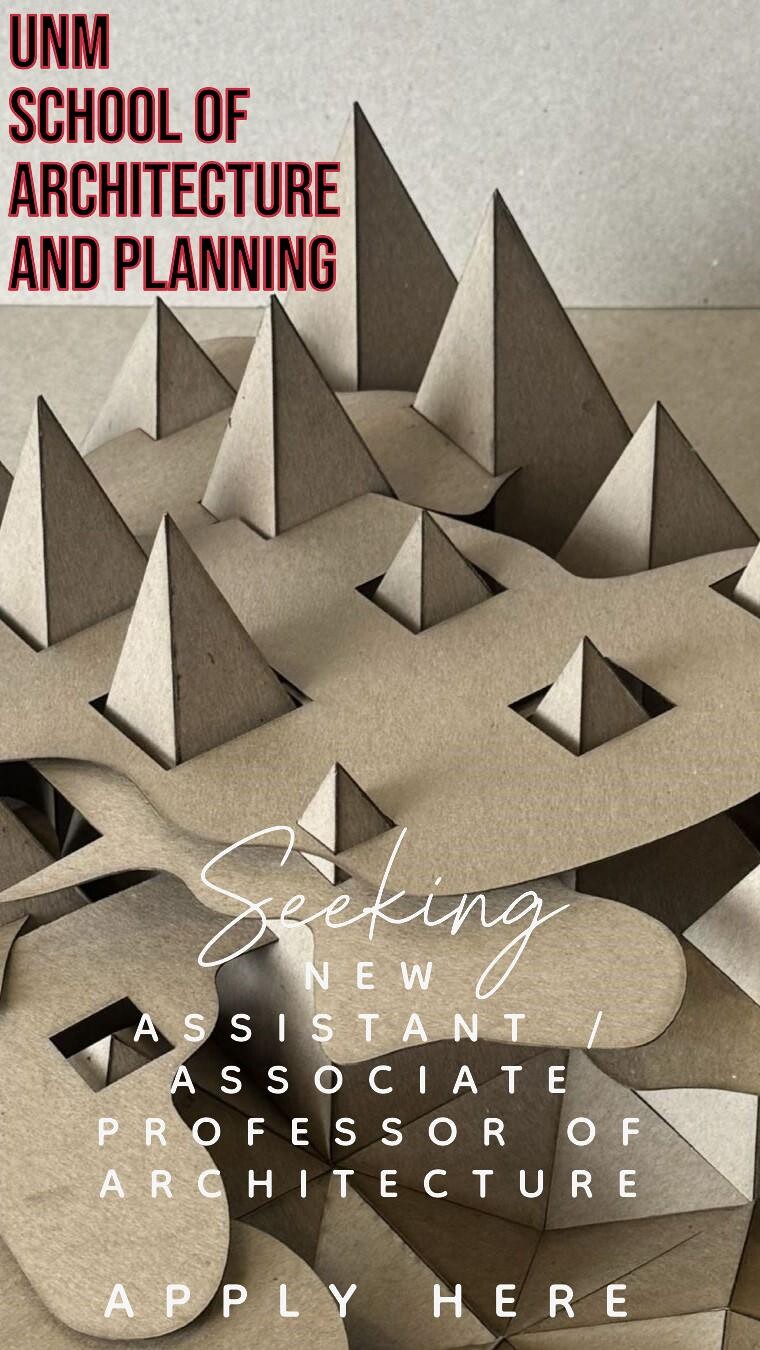Mladen Stilinović: Artist’s Books
May 14 – July 31, 2010
Opening: Friday, May 14, 2010, 6–8 PM
The exhibition will be accompanied by a conversation with Branka Stipancic and David Senior, on Monday, May 17th, at 6:30 PM at the Cooper Union School of Art’s Rose Auditorium.
e-flux
41 Essex Street
New York, NY 10002
T: 212 619 3356
www.e-flux.com
In his extensive oeuvre and through various media, Stilinović mirrors and questions the ideological signs that condition a society. Active in former Yugoslavia during the communist regime, in his art he exposed the symbols that were the strongest expressions of ideology at the time. In agreement with the Russian philosopher Mikhail Bakhtin’s statement that “Language is the ideological sign par excellence,” the artist’s interest in language remains at the center of his activities.
In the mid-1970s, Stilinović’s work was often shown in outdoor exhibition actions arranged by the Group of Six Artists, of which Stilinović was a member. His books were later exhibited in galleries, museums, and in the artist’s own apartment. Only a few were printed, but in connection with the exhibition at Index, Stockholm, he published an edition of My Sweet Little Lamb, an artist book from 1993. Stilinović’s early work in poetry and film led to an interest in artist books, which the artist still produces in small handmade editions using simple materials such as photographs, newspaper clippings, and writings in crayon or pencil. They can be seen as a time-based medium forming a kind of dramaturgy, or anti-dramaturgy that escapes a conventional narrative focus: if a story is present, it develops intuitively and in the mind of the reader. Often, as in My Sweet Little Lamb, a leporelo format unfolds the book into a filmic sequence of pages.
An interest in history and time can be found throughout Stilinovic’s oeuvre. With a sense of melancholia and subtle humor, his critical position points to the absurdities and rigid structures in society. His position can be seen as one that purposely insists on the freedom of art and its possibility for offering a radically different perspective. A quotation from Wittgenstein’s Tractatus used by the artist in My Sweet Little Lamb reads: “Everything we see could also be otherwise.”
One of the artist’s books included in the exhibition is entitled Artist at Work (1978). It consists of a series of images of a sleeping, or perhaps contemplating artist. In his text The Praise of Laziness from 1993 Stilinović states: “There is no art without laziness.” During the communist regime, work had strong symbolic connotations, and in his art Stilinović began investigating the relation between the color red and the notion of work. The color red held a unique position among signs in the communist state, and thus became the starting point for many of his works.
For Stilinović, the opposite of red is pink, and, seen as the color of the bourgeoisie, it also became the subject of the artist’s interest. During years of war, when the state of Yugoslavia fell apart, he produced a series of objects in white, a color representing pain and grief. After the collapse of communism, the artist directed his interest towards more contemporary hegemonies, expressed through the English language. His work An Artist Who Cannot Speak English Is No Artist (1994–96) is a well-known example.
Mladen Stilinović was born in 1947 in Belgrade and lives in Zagreb. From 1969–76 he worked with experimental film. He was a member of the Group of Six Artists (1975–79) and also ran the PM Gallery in Zagreb from 1982–91. His works include collages, photographs, artist books, paintings, installations, actions, films, and video. Stilinović has exhibited in numerous solo and group shows worldwide since 1975.
“Mladen Stilinović: Artist’s Books” is open to the public from Tuesday through Saturday, 12–6 pm at 41 Essex Street, New York.
For further information please contact taraneh@e-flux.com.

